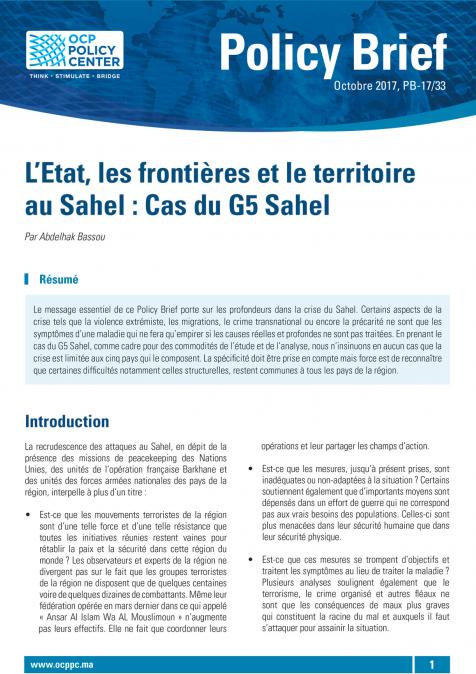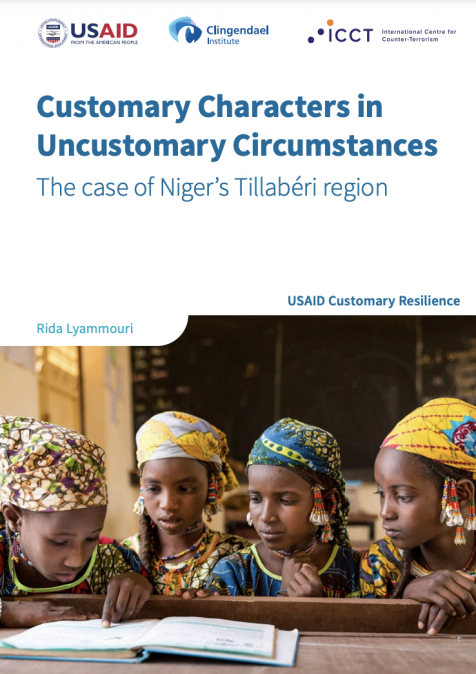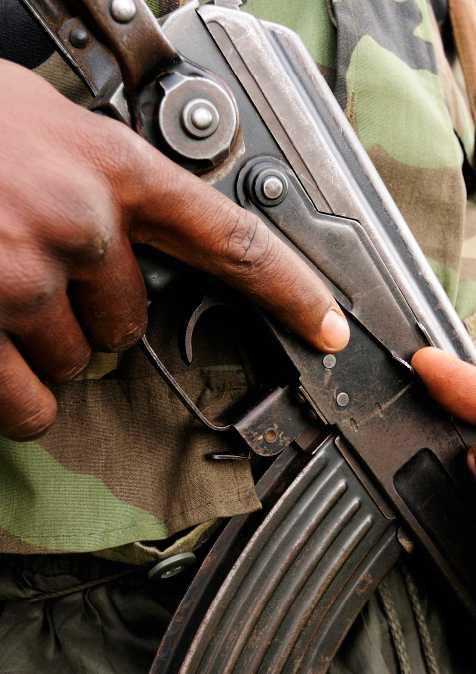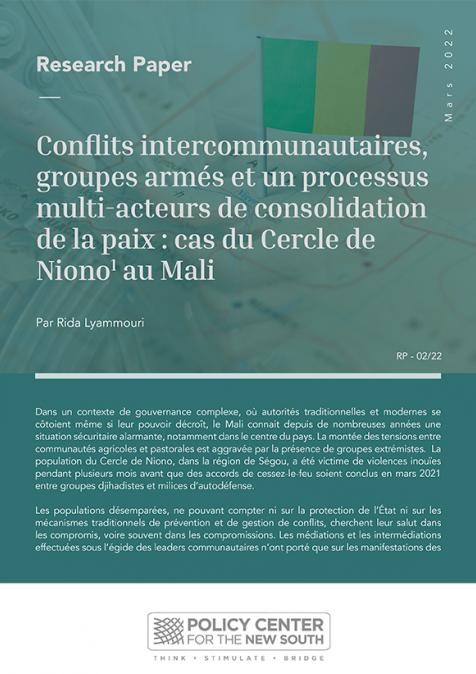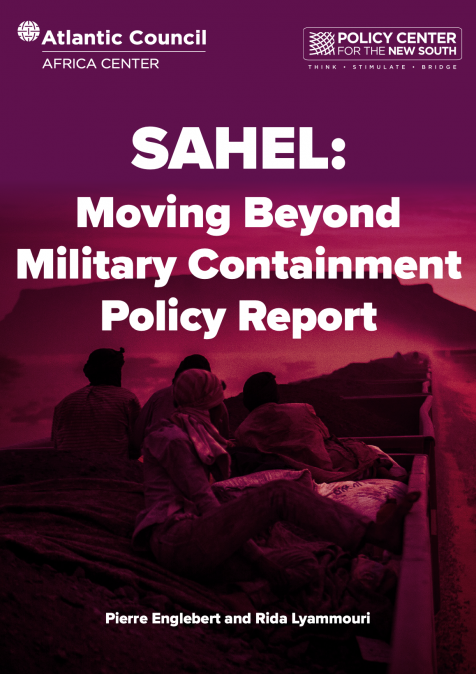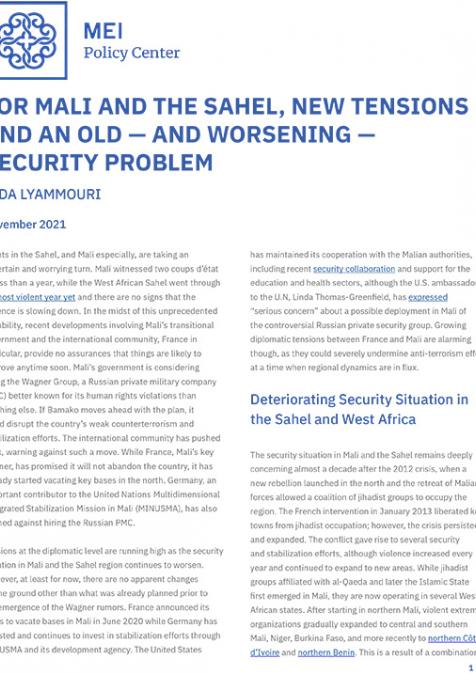Publications /
Policy Brief
Le message essentiel de ce Policy Brief porte sur les profondeurs dans la crise du Sahel. Certains aspects de la crise tels que la violence extrémiste, les migrations, le crime transnational ou encore la précarité ne sont que les symptômes d’une maladie qui ne fera qu’empirer si les causes réelles et profondes ne sont pas traitées. En prenant le cas du G5 Sahel, comme cadre pour des commodités de l’étude et de l’analyse, nous n’insinuons en aucun cas que la crise est limitée aux cinq pays qui le composent. La spécificité doit être prise en compte mais force est de reconnaître que certaines difficultés notamment celles structurelles, restent communes à tous les pays de la région

